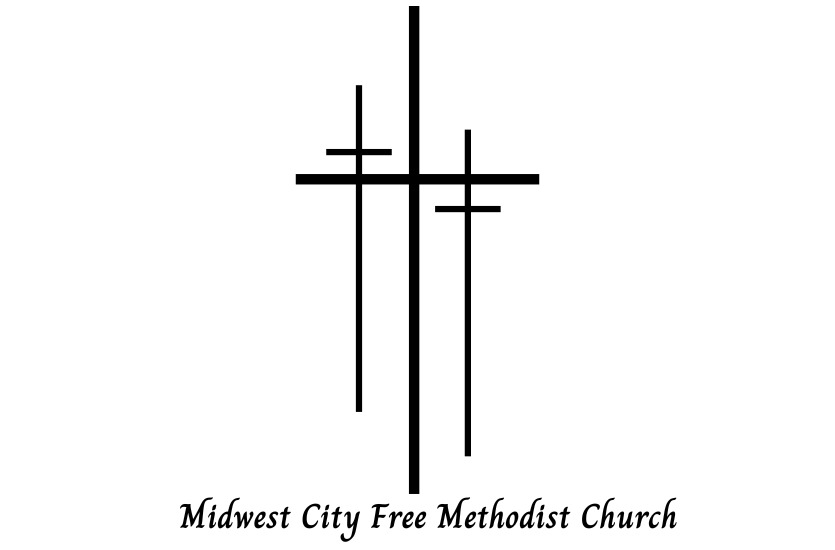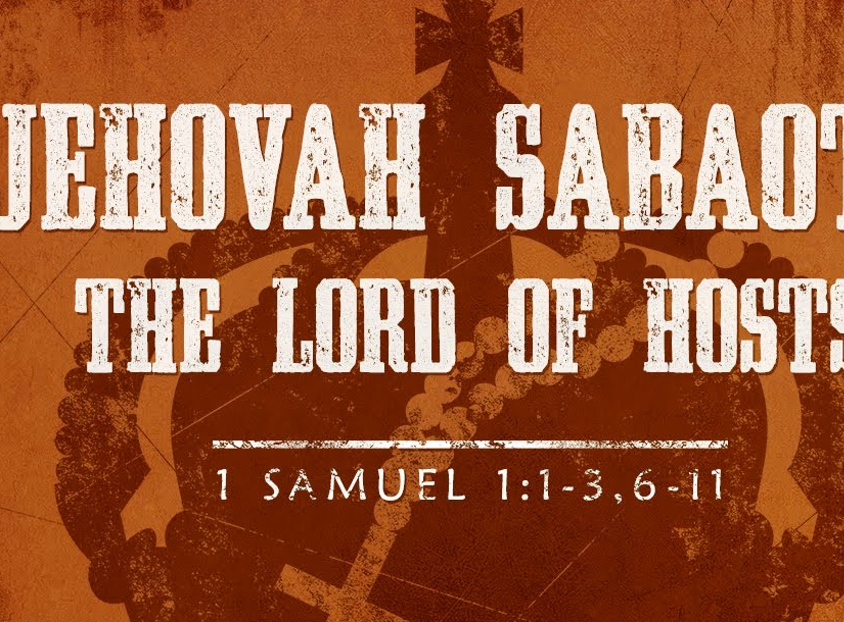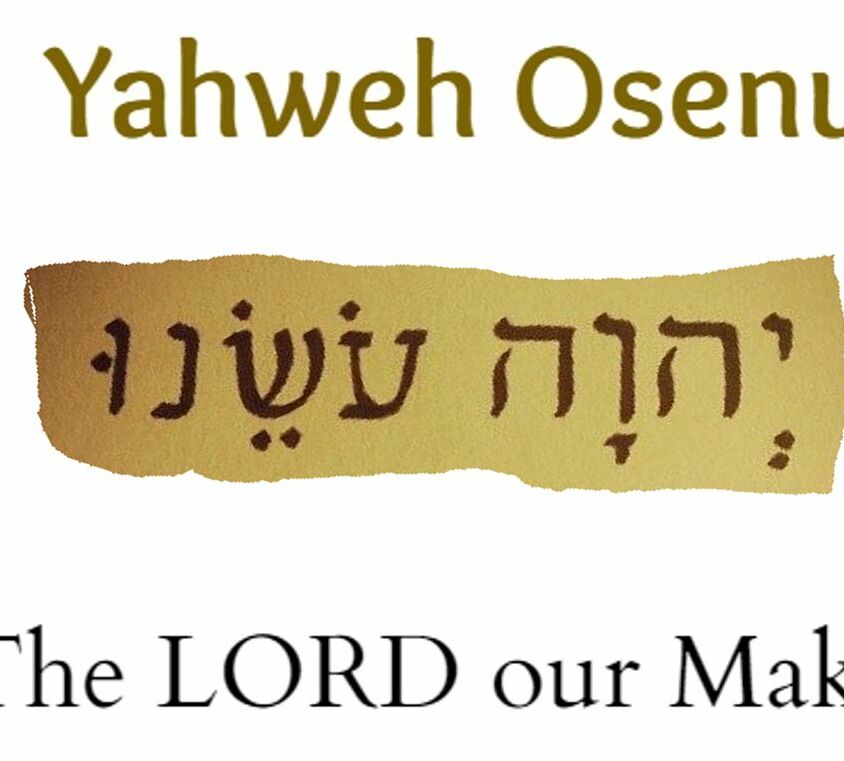Names of God
Sickness is a universal part of human life. We all die of our final illness. God is the all-powerful healer, as he reminded His people in Exodus 15.
Early in the Bible we learn something important about God. He sees everything. He hears our praise and pleas for help. He knows our needs, our sacrifices, and our sins. Nothing escapes His eye or ear.
Does the God of Peace also make war? Yes He does. It is one of the names often used of Him. He is the LORD of Hosts (as in, armies). The world is not a paradise. Evil is real and has to be fought. Christians have to fight in this war that is not against flesh & blood.
Righteousness is simply ‘rightness.’ It is the same word translated just or justice. It refers to lining up to the standard. In this world every line is crooked to some degree. God alone judges perfectly. The only time He interrupts justice is for the sake of mercy, which is the basis of our hope.
Psalm 95 calls God “Yahweh Osenu,” the LORD our Maker. Creation is not only biblical, it is logical and intuitive. The sciences point increasingly toward this fundamental belief. God is the Creator of the universe.
From Abraham onward, Israel’s God was recognized as “olam,” meaning “everlasting.” We know that our universe is not eternal. Time was created by God just like everything else. He is timeless.
In Exodus 3 Moses encountered God, who asked him to do something insane. Moses asked God a bold question: “Who shall I say sent me?” Instead of the more generic name for God, Moses got something distinct and profound: “I am who I am.” He was told “Tell them the “I am” (Yahweh) sent you.” In this message we explore the meaning of that unique name.








